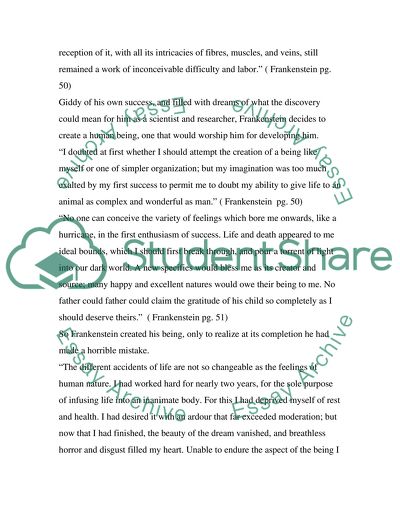Cite this document
(“God, Man, and Nature in Frankenstein by Mary Shelley and Brave New Book Report/Review”, n.d.)
Retrieved from https://studentshare.org/literature/1533178-god-man-and-nature-in-frankenstein-by-mary-shelley-and-brave-new-world-by-aldous-huxley
Retrieved from https://studentshare.org/literature/1533178-god-man-and-nature-in-frankenstein-by-mary-shelley-and-brave-new-world-by-aldous-huxley
(God, Man, and Nature in Frankenstein by Mary Shelley and Brave New Book Report/Review)
https://studentshare.org/literature/1533178-god-man-and-nature-in-frankenstein-by-mary-shelley-and-brave-new-world-by-aldous-huxley.
https://studentshare.org/literature/1533178-god-man-and-nature-in-frankenstein-by-mary-shelley-and-brave-new-world-by-aldous-huxley.
“God, Man, and Nature in Frankenstein by Mary Shelley and Brave New Book Report/Review”, n.d. https://studentshare.org/literature/1533178-god-man-and-nature-in-frankenstein-by-mary-shelley-and-brave-new-world-by-aldous-huxley.


